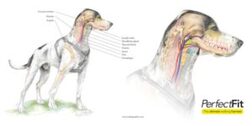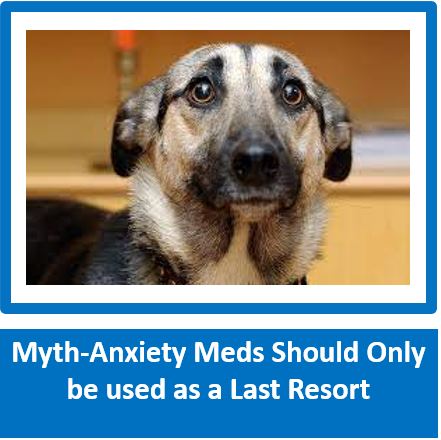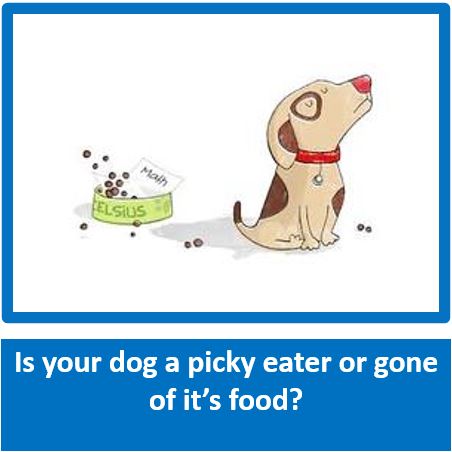
At GENRIC Pet, we love ALL your furry pals, and we simply find hereditary, breed, size, or condition restrictions unacceptable. Always check for these when shopping for cover, as potentially these restrictions could defeat the purpose of having the cover in the first place! Read our top tips of what to look out for… https://www.genricpet.co.za/top-tips-on-what-to-look-out.../
#Restrictions #Petinsurance. To see the great plans that Genric Pet has available - www.genricpet.co.za
#Restrictions #Petinsurance. To see the great plans that Genric Pet has available - www.genricpet.co.za
Why dogs shake, yelp or cry suddenly for no reason.
- Acute pain is the cause of most yelping ‘for no reason’
- The majority of unexplained cases have neck or back pain
- It can happen when moving, when touched or even while sleeping
- Some of these dogs are at risk of IVDD
|
Yelping is no laughing matter. Dogs can go on for years before their suffering is recognised.
This is Chi Chi in the picture. I don’t expect you to see it yet, but this dog is clearly in terrible pain. At home he would suddenly yelp without obvious reason, and shake all over. An internet search didn’t give the right answer, so let’s set the record straight… |
Why Dogs Yelp When Touched Or Moved
A dog that yelps without an obvious reason usually has neck or back pain. Almost all other causes of yelping show extra symptoms such as limping or a poor appetite.
It’s hardest to tell spinal pain from abdominal pain. Back pain often causes obvious referred pain to the abdomen, with a very tight, hard and painful belly. The clue is that dogs with spinal pain usually eat normally, as miserable and lethargic as they are. Dogs with abdominal pain are usually off their food.
Two other conditions that cause yelping might be sometimes also occur. The first is a severe ear infection. These dogs have ‘got used’ to the pain but if you brush the side of the head they yelp.
The second is anxiety.
Signs Of Neck or Back Pain
Have a look at Chi Chi again. The first thing to see is that unusual head posture. No matter what, he keeps his head bent down and tries to only move his eyes to look around. This is a classic sign of neck pain.
Back pain is harder to see, but there is usually some degree of back arching. together with a rock-hard abdomen. For both necks and backs, dogs will be reluctant to move and probably not be jumping up at all. Remember, they should be otherwise fine.
Warning: dogs don’t usually yelp while you examine them, so you can easily do a lot of harm without realising. All a vet looks for is the subtle difference in muscle tension between these dogs and normal patients. Here’s why it matters…
The Dangers
Visit our page on back problems and IVDD to see a dog who could easily have died if his owners didn’t react properly. Many cases of spinal pain have unstable intervertebral discs that can rupture into the spinal cord. You need a vet to recognise which ones these are and take immediate action.
Vet care usually starts with a physical, a neurological exam and x-rays. This helps us decide whether your dog:
Treatment of Neck & Back Pain
Just like spinal pain in people, not all cases are serious. The minimum treatment is good pain control, usually via anti-inflammatories and opiates or gabapentin. Owners are also asked to keep their dogs rested until better, and to use harnesses instead of collars for restraint.
A dog that yelps without an obvious reason usually has neck or back pain. Almost all other causes of yelping show extra symptoms such as limping or a poor appetite.
It’s hardest to tell spinal pain from abdominal pain. Back pain often causes obvious referred pain to the abdomen, with a very tight, hard and painful belly. The clue is that dogs with spinal pain usually eat normally, as miserable and lethargic as they are. Dogs with abdominal pain are usually off their food.
Two other conditions that cause yelping might be sometimes also occur. The first is a severe ear infection. These dogs have ‘got used’ to the pain but if you brush the side of the head they yelp.
The second is anxiety.
Signs Of Neck or Back Pain
Have a look at Chi Chi again. The first thing to see is that unusual head posture. No matter what, he keeps his head bent down and tries to only move his eyes to look around. This is a classic sign of neck pain.
Back pain is harder to see, but there is usually some degree of back arching. together with a rock-hard abdomen. For both necks and backs, dogs will be reluctant to move and probably not be jumping up at all. Remember, they should be otherwise fine.
Warning: dogs don’t usually yelp while you examine them, so you can easily do a lot of harm without realising. All a vet looks for is the subtle difference in muscle tension between these dogs and normal patients. Here’s why it matters…
The Dangers
Visit our page on back problems and IVDD to see a dog who could easily have died if his owners didn’t react properly. Many cases of spinal pain have unstable intervertebral discs that can rupture into the spinal cord. You need a vet to recognise which ones these are and take immediate action.
Vet care usually starts with a physical, a neurological exam and x-rays. This helps us decide whether your dog:
- can be treated just with medicines
- also needs cage rest (bed rest)
- needs immediate referral to a specialist surgeon
- permanent nerve damage
- ongoing pain not easily managed by treatment
- repeated episodes.
Treatment of Neck & Back Pain
Just like spinal pain in people, not all cases are serious. The minimum treatment is good pain control, usually via anti-inflammatories and opiates or gabapentin. Owners are also asked to keep their dogs rested until better, and to use harnesses instead of collars for restraint.

Pictured is the Perfect Fit harness, which I recommend for these dogs.
Despite Chi Chi’s severe pain, he was suitable for home care and made a full recovery. Only time will tell if his problem will come back, and we’ll be there if it does.
One last thing needs saying: most dogs with unexplained yelping are overweight. Regardless of the cause, quality of life almost always improves if owners can just be strong. Follow this link for positive, non-judgmental advice on weight loss in dogs. You won’t regret it!
Despite Chi Chi’s severe pain, he was suitable for home care and made a full recovery. Only time will tell if his problem will come back, and we’ll be there if it does.
One last thing needs saying: most dogs with unexplained yelping are overweight. Regardless of the cause, quality of life almost always improves if owners can just be strong. Follow this link for positive, non-judgmental advice on weight loss in dogs. You won’t regret it!





